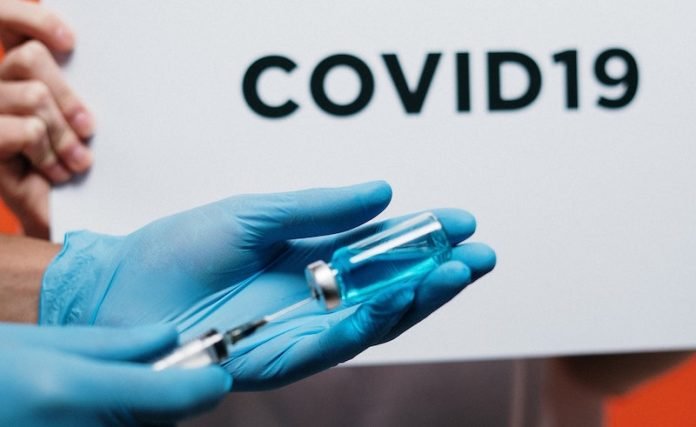
Scientists from the University of Colorado explore the effects of multiple mutations in the evolution of SARS-CoV-2 variants, such as Omicron and its subvariants.
They found why COVID-19 antibody treatments are less effective for new variants.
The research is published in Biochemistry and was conducted by Krishna Mallela et al.
In the study, the team found that certain mutations appear repeatedly in emerging variants showing convergent evolution.
One such evolution occurs at three amino acid positions K417, E484 and N501 in the spike protein’s receptor-binding domain (RBD).
Nearly half of 4.3 million variant sequences in GISAID database that contain any of these three mutations have all three occurring together.
Although individual mutations have both beneficial and deleterious/adverse effects, when they come together, deleterious/adverse effects get canceled out, leading to improved selection of the mutations together.
The researchers examined the physical mechanisms underlying the convergent evolution of the three mutations by delineating the individual and collective effects of mutations on binding to angiotensin-converting enzyme 2 receptor, immune escape from neutralizing antibodies, protein stability and expression.
They found the three RBD mutations perform very distinct and specific roles that contribute toward improving the virus fitness and build the case for their positive selection, even though individual mutations have deleterious effects that make them prone to negative selection.
The authors conclude the collective effect of these mutations is far more advantageous for virus fitness than the individual mutations and the presence of multiple mutations improves the selection of individual mutations.
As SARS-CoV-2 has evolved from Alpha to Omicron, more and more mutations are accumulating.
The researchers hope that by providing research that understands the role of these mutations, we can help further propel research and the development of new therapies to better combat new variants.
If you care about COVID, please read studies that new inhaled vaccine delivers broad protection against COVID-19, and herb rosemary could help fight COVID-19, Alzheimer’s disease.
For more information about COVID, please see recent studies about the key to stopping indoor COVID virus spread, and results showing vitamin D3 could help people fight COVID-19, infections.
Copyright © 2022 Knowridge Science Report. All rights reserved.



